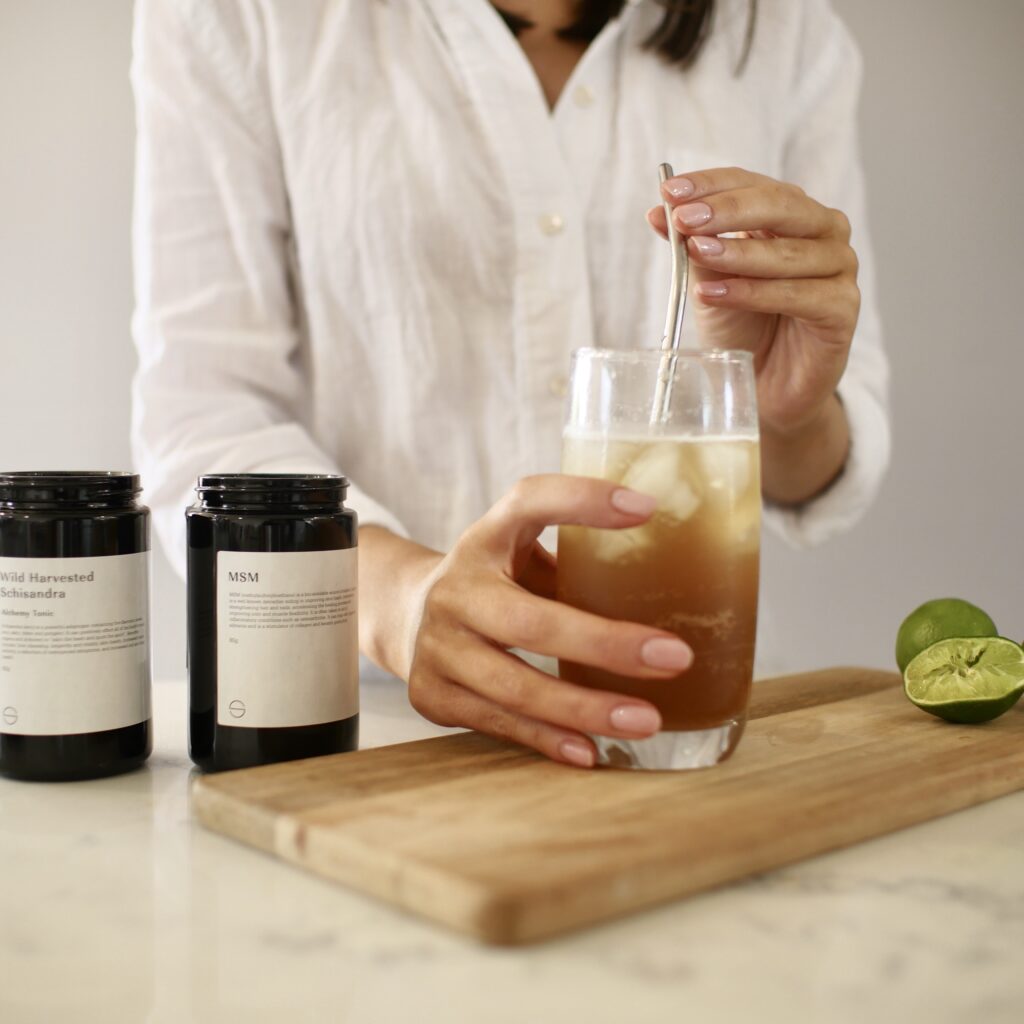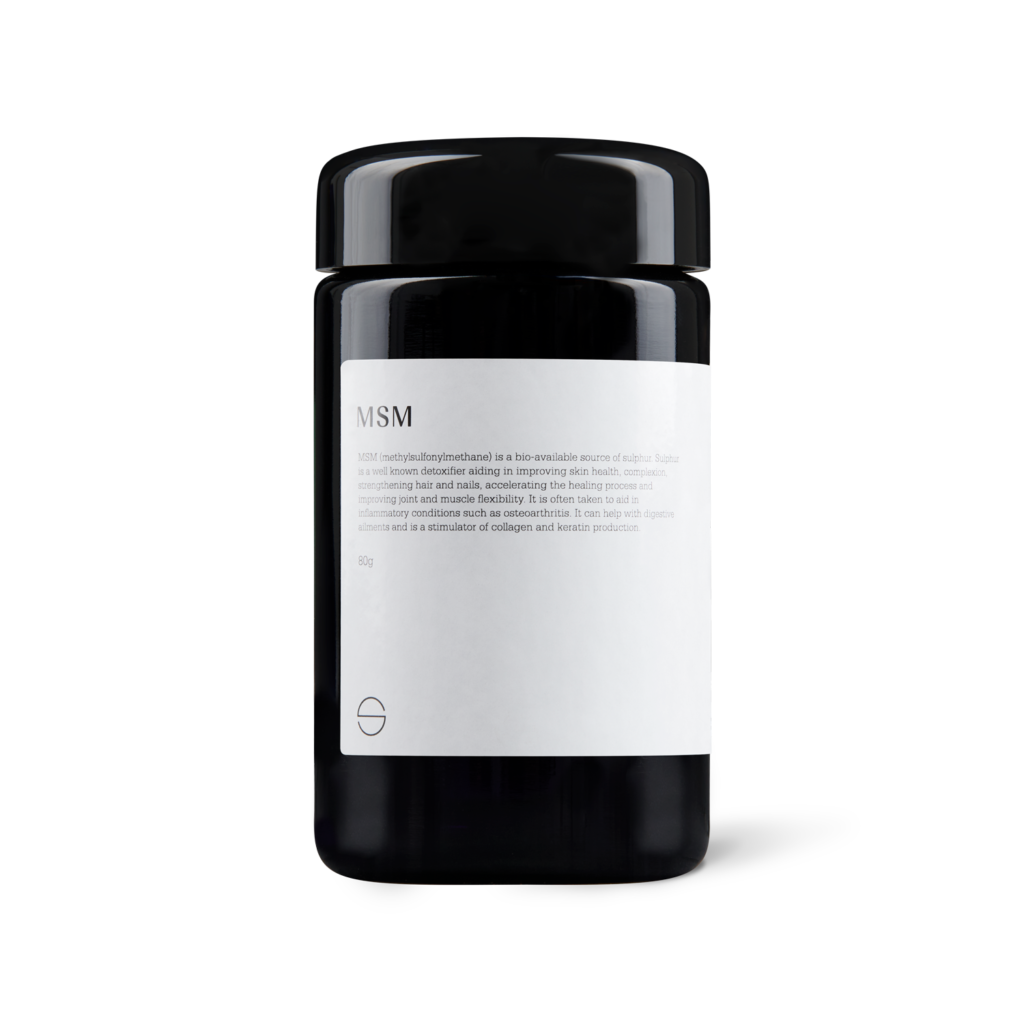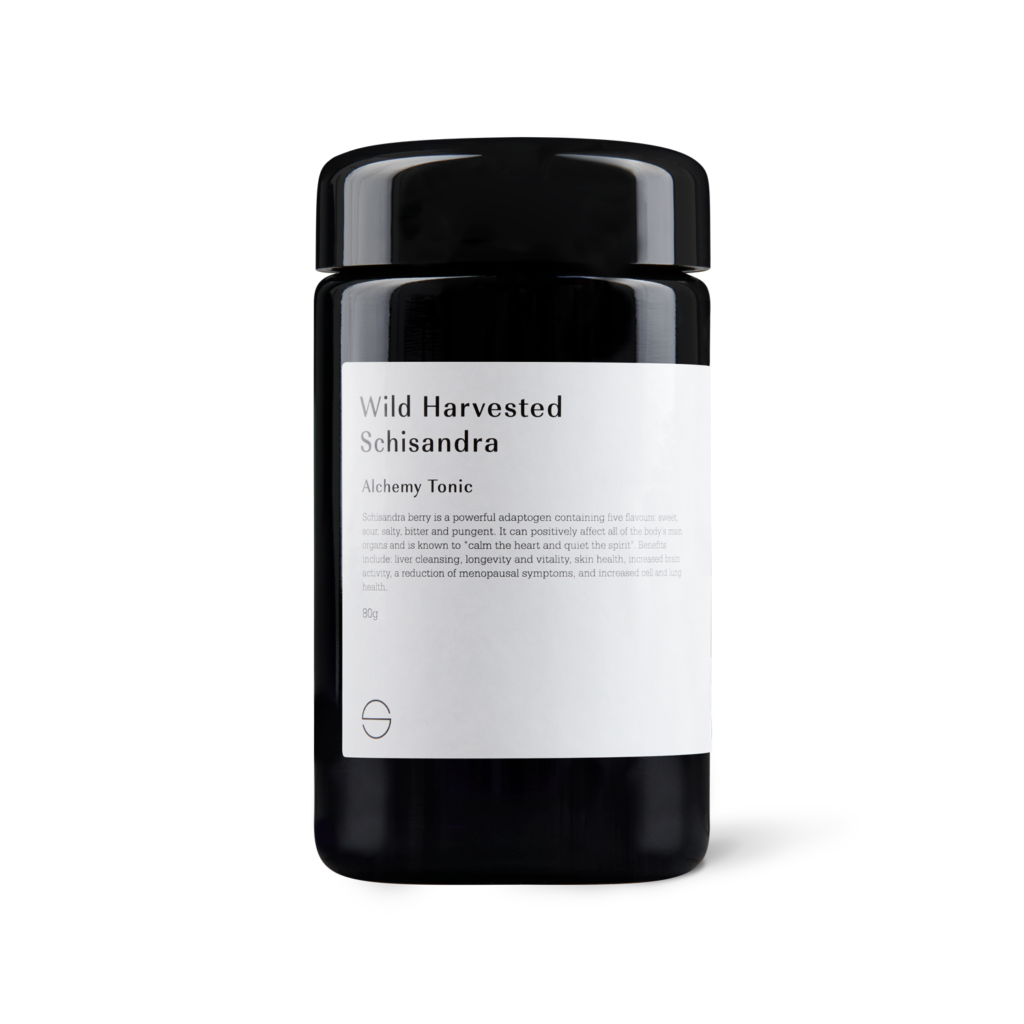
DIY Natural Toothpaste & Tooth Powder – Featuring Pearl Powder
A clean, effective way to care for your teeth, without

Kick-start, energise, rejuvenate
All carefully planned and prepared to help nourish, reset and rejuvenate the body and mind.

The easiest answer is “not to drink any alcohol”. In fact, the number of people choosing not to drink alcohol is on the rise.
But if you are choosing to drink in a conscious manner I want to tell you a few things to prevent you from having a hangover the next day and kinder to your body.
Understanding the Origins of a Hangover:
Intriguingly, scientists haven’t completely understood the intricacies of a hangover. Even when your body has thoroughly metabolised all traces of alcohol, the persistence of symptoms like headaches, dizziness, fatigue, nausea, brain fog, sweating, and dry mouth remains a puzzling phenomenon.
One prevalent hypothesis is that alcohol, by acting as a diuretic, elevates urine production, inducing dehydration. Some scientists propose a more intricate mechanism involving alcohol disrupting the body’s natural chemical balance. For instance, alcohol metabolism requires the conversion of the enzyme NAD+ into NADH, and an excess of NADH combined with low NAD+ might impede essential metabolic functions, such as glucose utilisation and electrolyte balance.
Another potential reason for a hangover is the accumulation of acetaldehyde in the body. This compound, significantly more toxic than alcohol itself, rapidly builds up during alcohol metabolism, resulting in symptoms like sweating, skin flushing, nausea, and vomiting. Additionally, immune system dysfunction could contribute to hangovers, as elevated levels of cytokines (signalling molecules of the immune system) show strong correlations with hangover symptoms. Ordinarily, the body deploys cytokines to initiate a fever or inflammatory response during an infection, but excessive alcohol consumption can also trigger this process. Elevated cytokines may manifest as muscle aches, fatigue, headache, nausea, and the cognitive impairments characteristic of a hangover, such as memory loss and irritability.
When alcohol is consumed, the body converts it into toxic by-products. The liver produces free radicals during the breakdown of these toxic by-products. These free radicals act like pinballs, seeking electrons from other cells to stabilise themselves. Excessive alcohol consumption leads to an overproduction of free radicals, which can harm liver cells, damage DNA, and prompt cells to exhibit signs of sickness and age at an accelerated rate—culminating in the familiar hangover experience.
Beyond the immediate discomfort, these free radicals can disrupt normal cellular activities throughout the body, affecting functions that enable proper bodily functioning. They may turn good cholesterol into bad, contribute to cataracts, play a role in Alzheimer’s disease, and even increase the risk of cancer. The cumulative damage over time affects cell walls and DNA, leading to mitochondrial shutdown and cell death, thereby accelerating the aging process in individuals. The manifestation of this damage varies from person to person, resulting in outcomes like wrinkled skin, increased fatigue, or the accumulation of extra body fat.
Next, it’s crucial to appreciate the liver, which plays a vital role in metabolising and eliminating toxins from the body, including alcohol, environmental pollutants, excess estrogen, or medications. The liver signals displeasure through hangovers or digestive issues when it encounters substances it dislikes. During social outings involving alcohol, the liver intensifies its efforts to keep individuals sober, following a cyclical process involving Phase I and Phase II detoxification.
In Phase I detoxification, the liver converts toxic chemicals into less harmful ones through a series of chemical reactions. The cytochrome P-450 system, a group of enzymes, facilitates this process. Phase II detoxification then transforms the less harmful substances into water-soluble forms that can be excreted from the body. The efficient functioning of Phase II detoxification requires specific amino acids (taurine and cysteine) and antioxidants like glutathione. Overloading these detoxification pathways with waste products from medication, poor diet, or exposure to environmental pollutants can impede the liver’s efficiency.
Notably, a woman’s body metabolizes alcohol more slowly than a man’s due to physiological differences. Women feel the effects of alcohol more intensely than men, even if they are of the same size, as they have less of the liver enzyme dehydrogenase, which breaks down alcohol. This difference results in women metabolising one drink per hour, while men metabolize two. Exceeding this rate can impair motor function and coordination, potentially leading to a hangover.
Moreover, women may be more susceptible to alcohol’s damaging effects, with heavy drinking disrupting menstrual cycles and reproductive function, increasing the risk of infertility, spontaneous abortion, or impaired fetal growth. Additionally, hormonal changes during the premenstrual phase can hasten intoxication, and certain medications, including birth control pills, may slow down alcohol elimination.
Weight gain from alcohol consumption is a concern, as alcohol, while not containing fat, is metabolized as fat, halting the body’s fat-burning process. Alcohol is calorie-dense, increasing appetite and contributing to weight gain, especially when mixed with high-calorie mixers. The caloric content of various drinks, such as beer, wine, champagne, and hard alcohol, varies, with cocktails like margaritas packing a substantial caloric punch.
Long-Term Prevention Strategies:
To enjoy an occasional cocktail without enduring the repercussions of a hangover, adopting certain lifestyle measures is crucial. Staying adequately hydrated is paramount, as every system in the body relies on water. On average, adults should consume eight to ten glasses of water daily to compensate for daily fluid losses. Adequate hydration not only promotes skin health and elasticity but also aids in weight loss by preventing confusion between hunger and thirst.
Water’s benefits extend to curbing hangovers by helping the body eliminate toxins and alleviating the strain on the kidneys and liver induced by alcohol’s dehydrating effects.
Antioxidant-rich dark green, leafy vegetables play a vital role in supporting liver function and mitigating alcohol-induced damage. Incorporating foods like kale, Brussels sprouts, barley grass, buckwheat, and alfalfa into the diet aids in detoxification and cellular protection.
Fill your plate with plant-rich wholefood ingredients with colours (= antioxidant and high nutrition) and Fibre. Strengthen your gut health by incorporating ferments.
Short-Term Measures:
Before heading out for a night of revelry, a few preventive steps can be taken to minimize the chances of a hangover.
Do not drink on an empty stomach. Nibbling on olives, nuts, and vegetable sticks helps offset the impact of alcohol on an empty stomach.
Choosing beverages wisely also plays a crucial role. Opting for less sugary drinks, don’t mix different types of alcohol, alternating alcoholic beverages with water or diluted options, and favouring hard alcohol with fewer mixers are advised. Caffeine, often thought to counteract alcohol’s effects, is discouraged due to its dehydrating properties.
Concluding the night’s drinking early allows the body more time to metabolise alcohol before sleep, aiding in its elimination. Adequate rest is recommended to facilitate alcohol metabolism, with an extra day-after-the-disco nap potentially providing additional recovery.
Consider supplementing with cysteine, N-acetyl cysteine (NAC), and vitamin C before, during, and after drinking. Many find this strategy effective in promoting a hangover-free day. Plus, the increased water intake accompanying these supplements is an added bonus.
You may take vitamin B6, milk thistle, Glutathione, schisandra, reishi and promrose oil have also shown prevention benefits.
If you are already suffering through a hangover and reading this these supplements not only prove beneficial after overindulging but are also recommended for daily detoxing. The vitamin cocktail outlined below aims to replenish damaged enzymes, restore balance to your system, and sustain energy cycles, allowing you to resume your routine.

Morning After Elixir
the Ultimate Recovery Tonic! Specially crafted with MSM and schisandra, this refreshing drink is your go-to companion after a night of revelry.
1/2 tsp MSM
1/2 tsp Schisandra extract powder
Juice of 1 lemon or lime
Sweetener of your choice (our monk fruit is recommended to keep sugar low)



A clean, effective way to care for your teeth, without

In the world of tonic herbs and medicinal mushrooms, there’s

As the days grow shorter and the air becomes crisp,
Copyright Shoku Iku © 2024 | All Rights Reserved.
The statements on this website have not been evaluated by the TGA or FDA. These products are not intended to diagnose, treat, cure or prevent any disease.
Sign up to receive your discount.